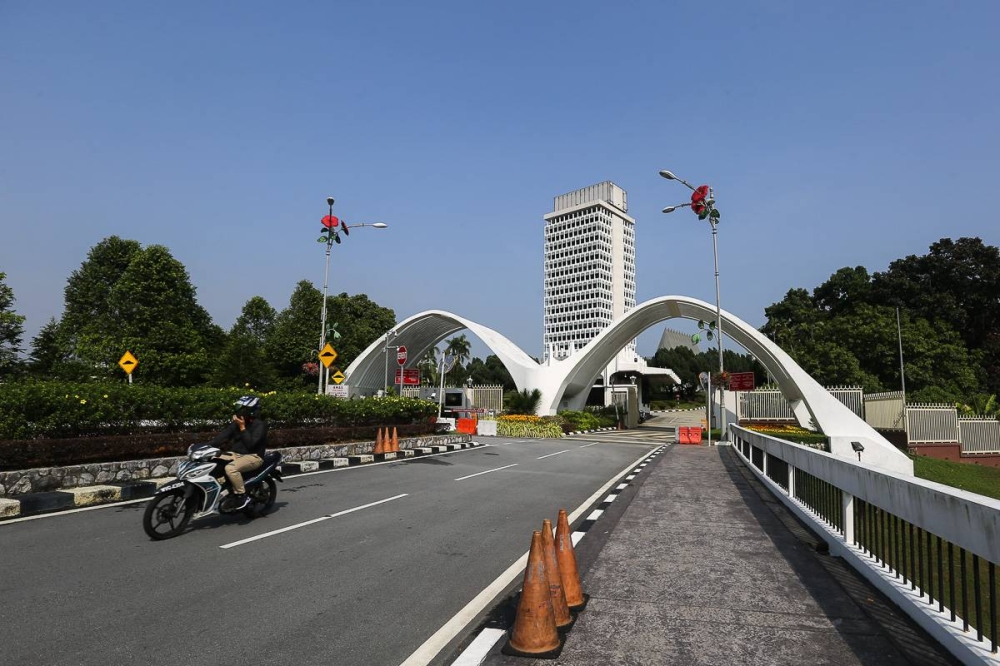SEPTEMBER 30 ― Section 309 of the Penal Code which provides for the offence of attempted suicide reads as follows:
“Whoever attempts to commit suicide, and does any act towards the commission of such offence, shall be punished with imprisonment for a term which may extend to one year or with fine or with both.”
If attempted suicide is to be decriminalised, all it takes is for a Penal Code (Amendment) Bill to be passed. If there are no other amendments to the Penal Code, a single clause in the Bill should read as follows:
“Section 309 is repealed.”
That’s less than five words. Singapore did it 2019 vide the Criminal Law Reform Act 2019 which was passed by Parliament and assented to by the President in May that year. It came into force on January 1, 2020.
The Act amends the Penal Code and certain other Acts of Parliament, to update the criminal offences, keep up with technological changes and emerging crime trends, enhance protection for minors and vulnerable victims, harmonise the criminal laws and update the sentencing framework.
The move to decriminalise attempted suicide was much welcomed. It recognised that attempted suicide should be treated as a cry for help, rather than be treated as a crime.
According to the Republic’s Penal Code Reform Committee (PCRC), attempted suicide was made a crime in Singapore because it was thought that society should oppose people from taking their own lives. It is archaic societal thinking.
The PCRC was convened following the Singapore government's announcement of its intention to undertake substantive reforms in the criminal laws, to ensure that they remain relevant and up-to-date. Pursuant to which, the PCRC undertook a review of the Penal Code, and made recommendations on reforming it.
The factsheet of the PCRC can be viewed here.
In its recommendations on the offence of attempted suicide, the PCRC outlined the following to the government:
1. Repeal Section 309 of the Penal Code.
2. Empower the police and the civil defence force to intervene immediately to prevent harm and loss of lives from suicide attempts. The police shall retain their current powers of search and forced entry through a new provision in the Police Force Act.
3. Retain the powers of the police to apprehend persons who attempt suicide and who are reasonably suspected of having a mental disorder, for the purpose of referring them to medical practitioners for assessment. Medical practitioners and the courts are able to compel treatment if necessary.
4. Mandatory reporting of attempted suicide no longer applies but the community is encouraged to report cases.
5. Retain the powers of the police to seize evidence in cases where a suicide death occurred and a Coroner’s Inquiry is launched.
6. The abetment or assistance of suicide should remain an offence.
The recommendations were agreed to.
The complete report can be viewed here. The review of the law and issues as well as the recommendations to decriminalise attempted suicide are at pages 336 - 347.

Will the public here get to view the Attorney-General’s Chambers’ (AGC) study regarding decriminalisation of attempted suicide which Health Minister Khairy Jamaluddin said his ministry had received?
He said the results of the study would be discussed in an engagement session with stakeholders, including the Home Ministry, the Royal Malaysian Police (PDRM), the Malaysian Armed Forces and the AGC to be included in the draft before being presented at the Cabinet meeting.
But isn’t the general public a stakeholder? For a whole of government and whole of society approach to the decriminalisation of attempted suicide, it is.
* This is the personal opinion of the writer or publication and does not necessarily represent the views of Malay Mail.





















